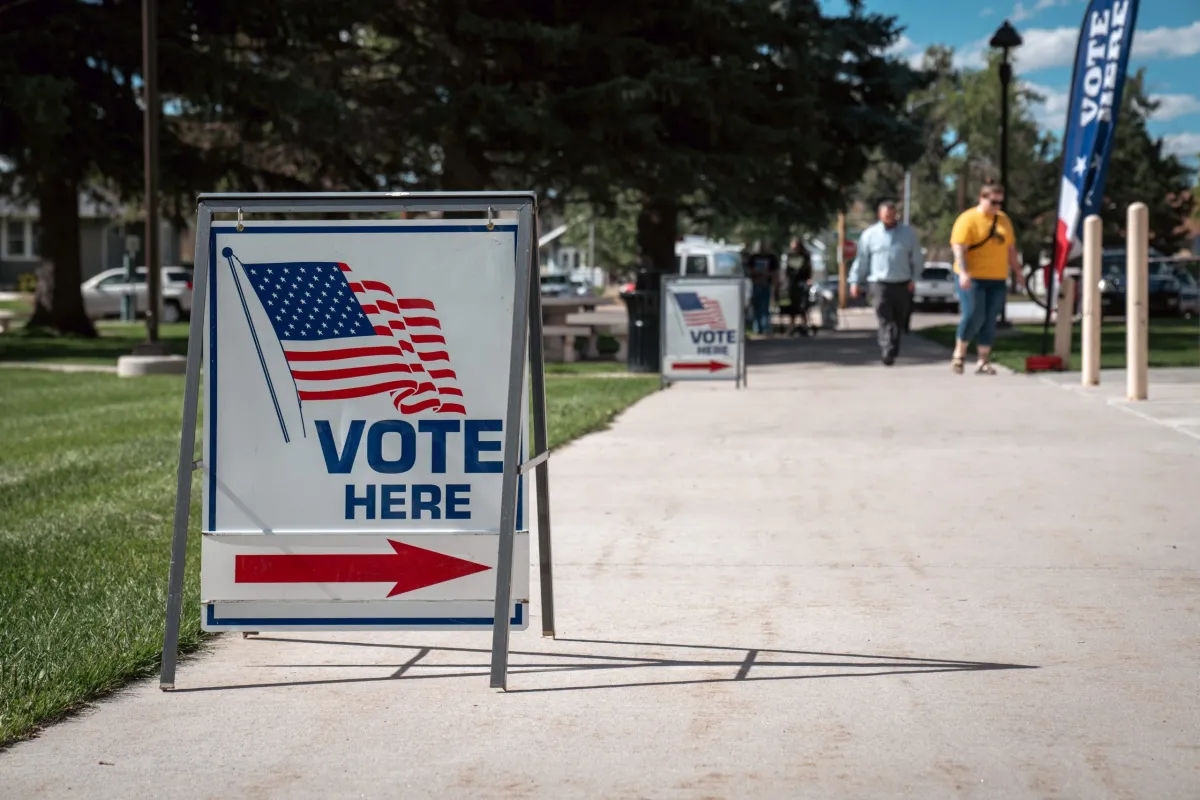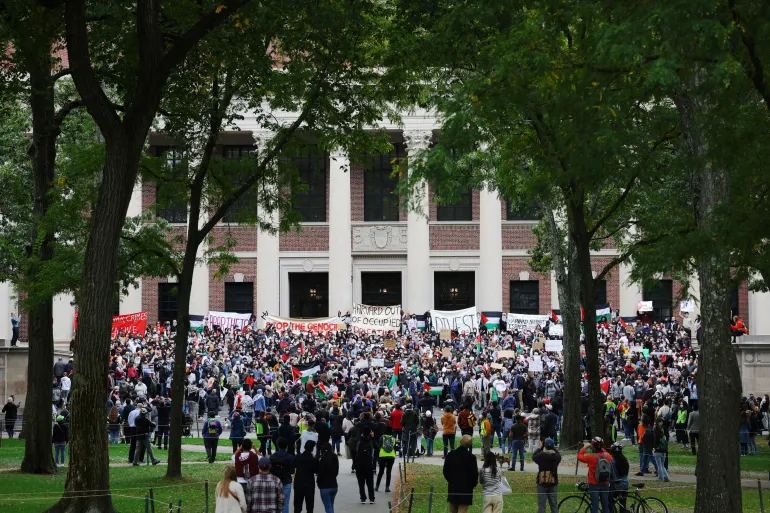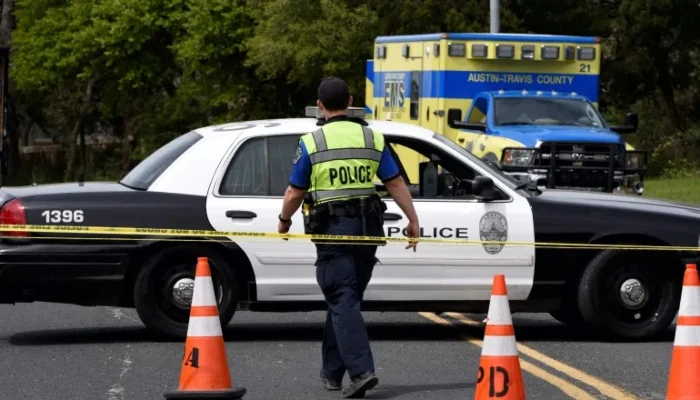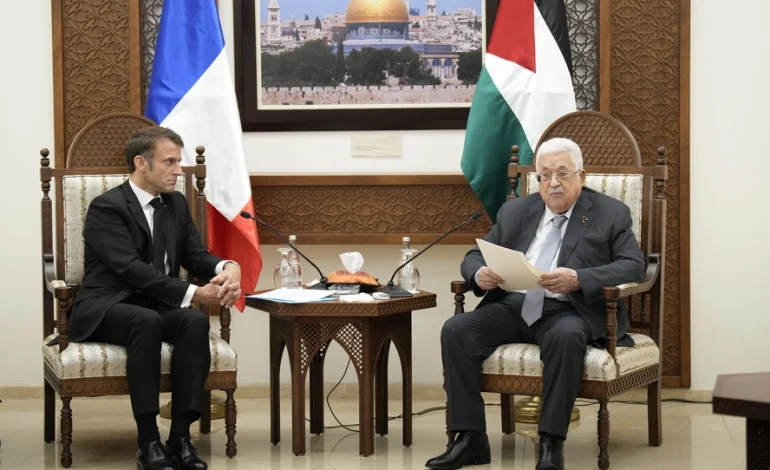A growing bloc of US allies is poised to poke Washington in the eye at the UN General Assembly next week, with France corralling countries to formally recognize a Palestinian state — a direct rebuke to the Trump administration’s hard line.
French President Emmanuel Macron is hosting a sideline meeting Monday (co-hosted by Saudi Arabia) where at least six governments — Australia, Belgium, Canada, Malta, Portugal and the UK — are expected to announce recognition. Germany will show up to back a two-state solution but won’t take the plunge.
The push reflects mounting frustration with Israel’s war in Gaza and political pressure at home. It also underlines how limited Europe’s options are without US backing. Recognition is symbolic — it won’t change facts on the ground, alter the Palestinians’ UN status (the Security Council, and a likely US veto, decide that), or force a cease-fire.
London is planning its move with the volume low: the UK will announce recognition Sunday, but PM Keir Starmer isn’t attending UNGA. Deputy PM David Lammy and Foreign Secretary Yvette Cooper will represent Britain — timed just ahead of Labour’s party conference.
Berlin will attend but balk at recognition, citing history, legal caution, and a desire not to blow up ties with Washington while Ukraine still needs transatlantic unity. German officials call unilateral recognition “symbolic politics.”
Riyadh’s Crown Prince Mohammed bin Salman helped set up the meeting but isn’t expected in person—another sign of how carefully capitals are calibrating their distance from Washington.
Team Trump has warned allies not to jump. Secretary of State Marco Rubio said recognition emboldens Hamas and could stoke annexation talk in Israel. The administration even denied visas to Mahmoud Abbas and parts of the Palestinian delegation after France announced the UNGA event — Abbas will speak by video instead. A US official dismissed the summit as a “publicity stunt.”
At a joint presser in London, Starmer pushed humanitarian aid and freeing hostages; Trump focused only on the hostages, calling recognition one of their “few disagreements.”
Macron argues recognition is “the best way to isolate Hamas” and a last chance to keep two states alive. He’s been blunt about Israel’s Gaza campaign — calling the latest offensive “a huge mistake” that’s torching Israel’s credibility worldwide. Paris also floated unprecedented EU tariffs and sanctions tied to human-rights concerns in Gaza, but there’s not yet enough support inside the bloc to pass them.
Prime Minister Mark Carney says Canada will recognize Palestine but wants Palestinian Authority reforms and elections in which Hamas plays no part. Abbas has floated a 2026 vote — widely seen as unlikely.
What this really does
- Signal, not settlement: 147 of 193 UN member states already recognize Palestine, including 10 since the current war (e.g., Mexico, Ireland, Spain). What’s new is that core US partners are finally moving—even if most of Europe and the US still hold the real leverage with Israel.
- Risk of backlash: European officials fear a recognition wave could prompt Netanyahu to speed West Bank annexations. On the ground, Gaza remains under siege, and the West Bank is detached and differently governed.
Macron’s recognition drive spotlights a widening transatlantic split on Israel-Palestine and gives restless allies something to do. But unless Washington shifts, it’s still symbolism over substance—a loud message with limited muscle.
Politico, CBS News, and France 24 contributed to this report.










The latest news in your social feeds
Subscribe to our social media platforms to stay tuned